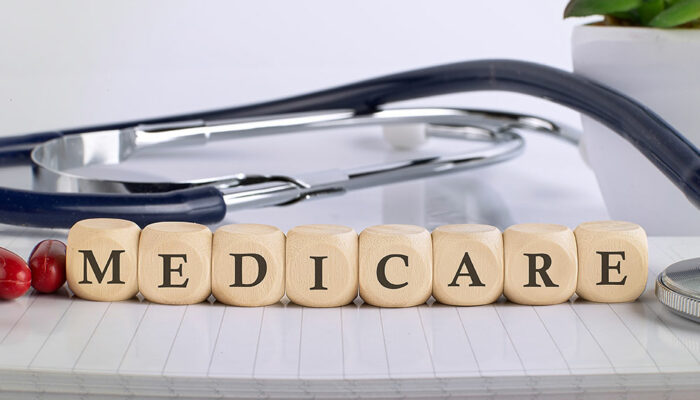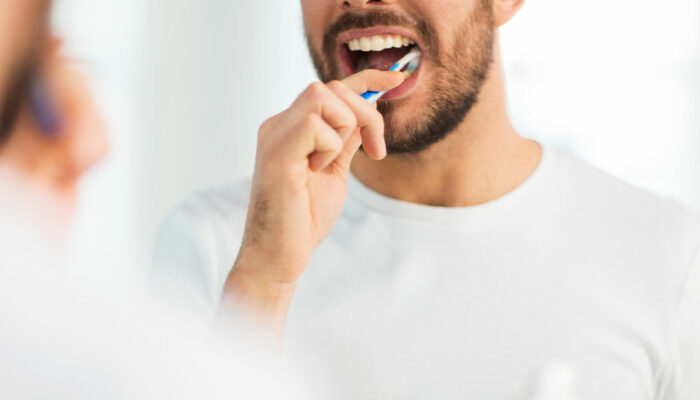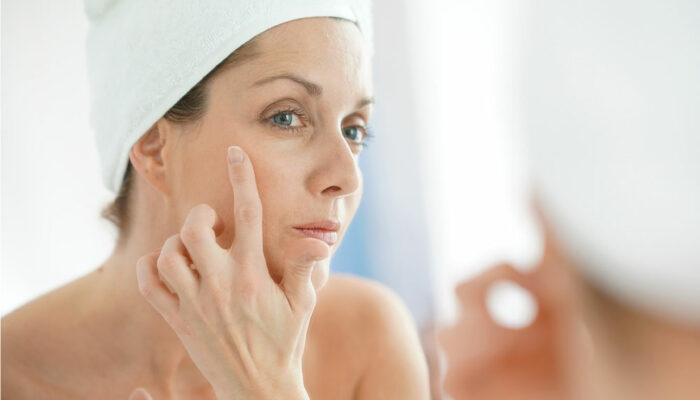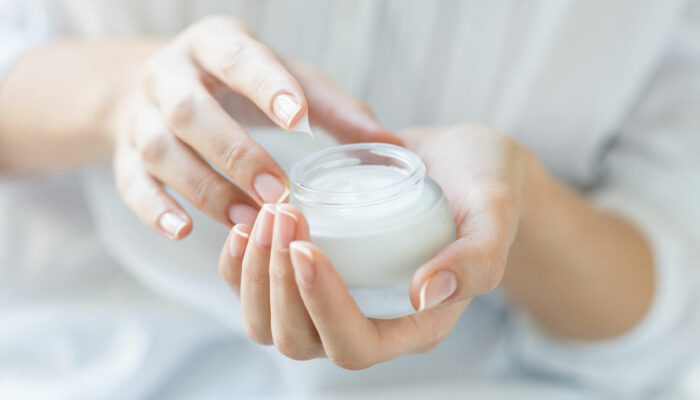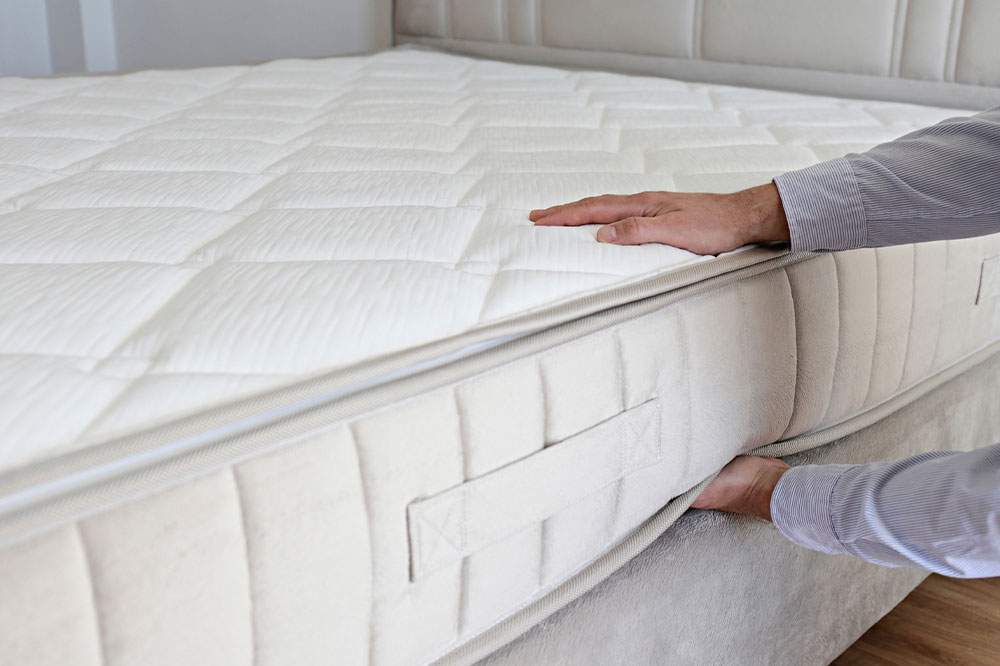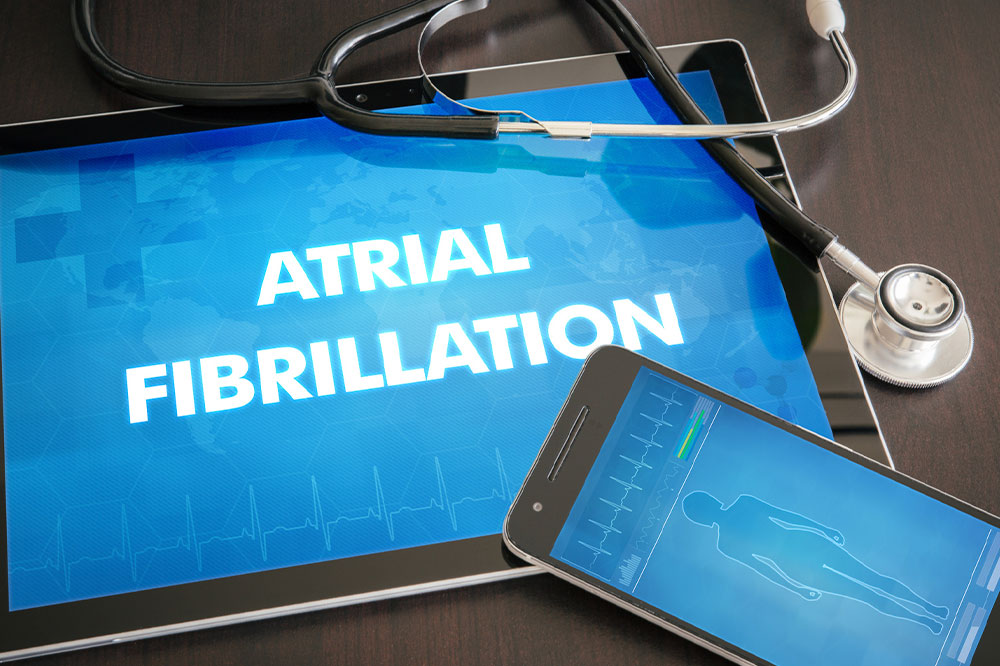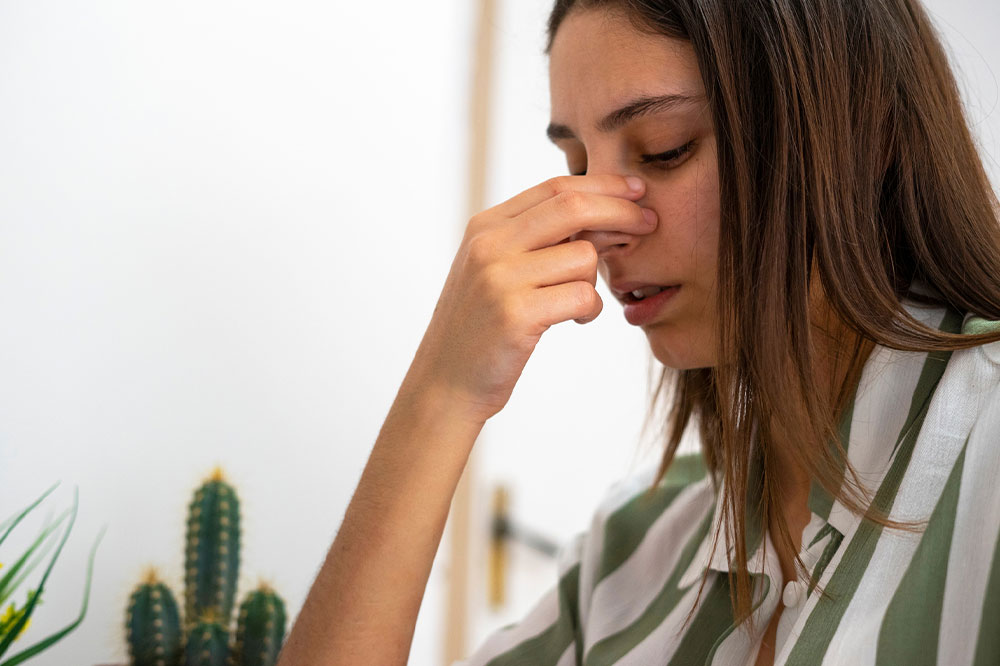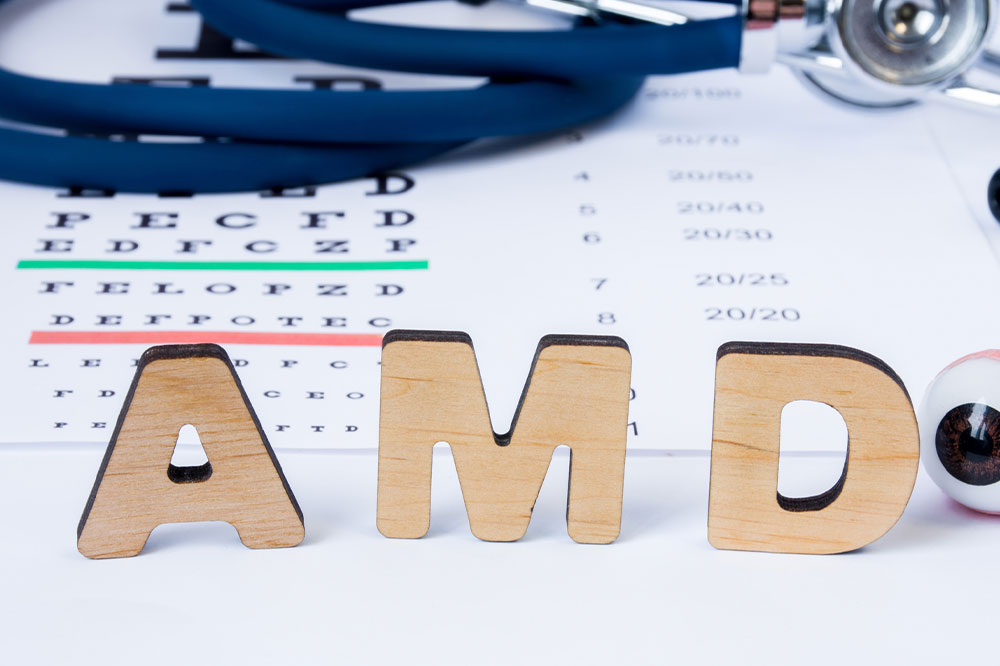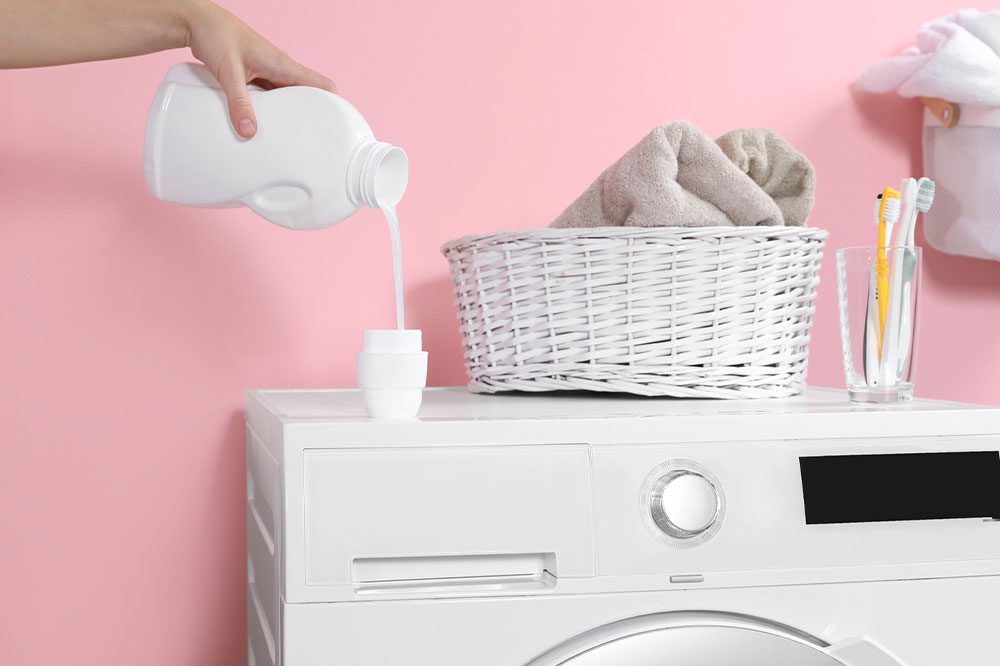
10 strategies to reduce the risk of heart disease
Health
Heart disease refers to various health conditions that affect one’s cardiovascular health. Heart diseases can lead to life-threatening complications; therefore, timely treatment is important in managing them. Various factors ranging from age, gender, and family history can contribute to developing heart diseases. However, one can take several measures to prevent the risk of developing heart disease and remain healthy. Here are some lifestyle changes that help protect one’s heart health. 1- Know your risk Before incorporating any significant changes to one’s lifestyle, it is important to determine one’s risk of developing heart disease. Knowing your risk levels can help you and your healthcare provider decide the best prevention and treatment plan. Some factors contributing to heart disease include- Age- Men above 45 and women above 55 are at a higher risk of developing heart conditions. Gender- Heart disease affects men and women differently. While estrogen can help protect women against heart disease, diabetes raises its risk more in women than men. Family history- People with an immediate family history of cardiovascular diseases are at an increased risk of getting the condition. 2- Control blood pressure High blood pressure levels are a significant risk factor for heart disease among many adults.


